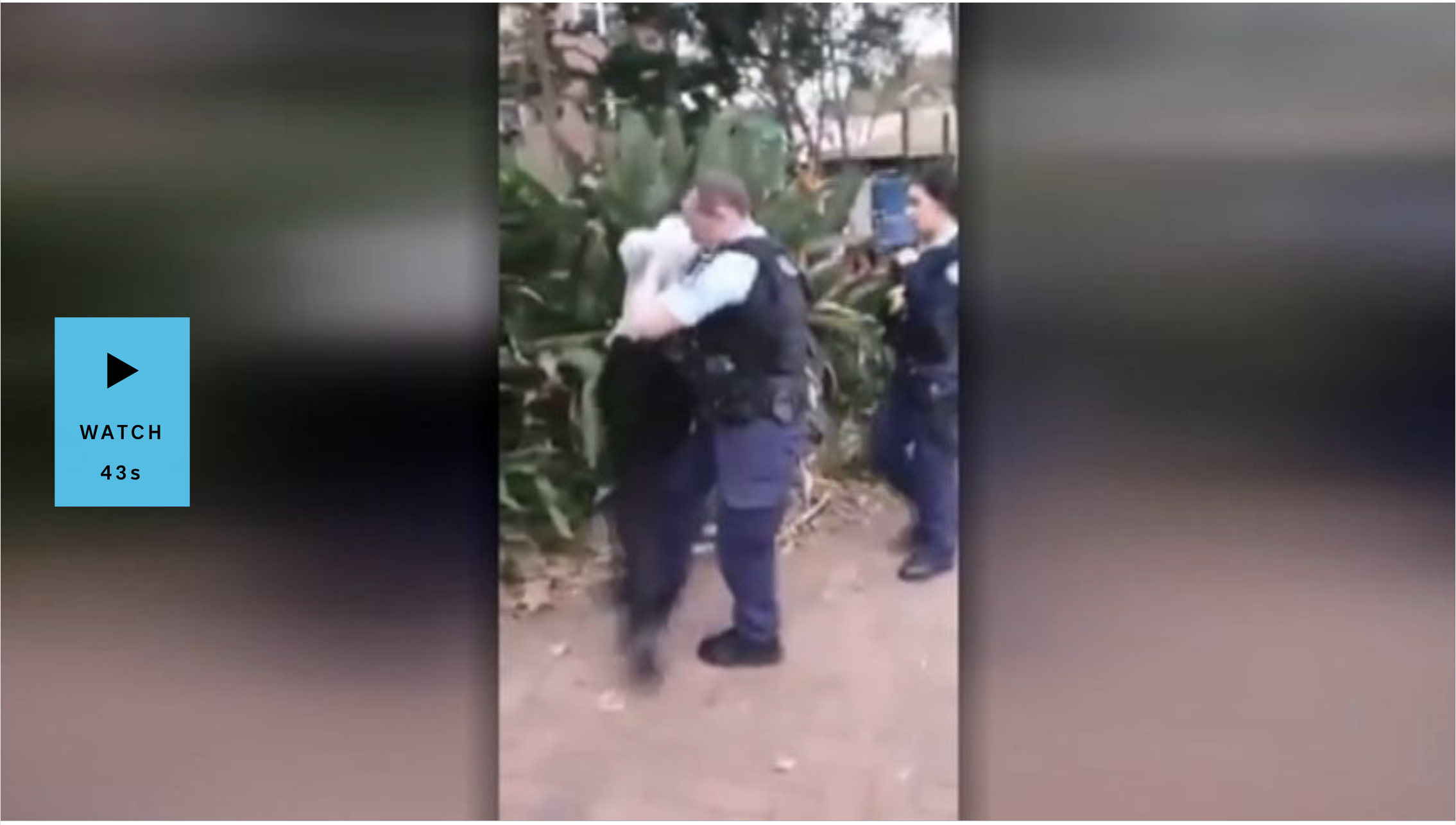Share This Article
In NSW, a police officer is allowed to use force when exercising their lawful powers.
However, it isn’t that simple.
According to section 230 of Law Enforcement (Powers and Responsibilities) Act 2002 (NSW), police are allowed to use such force as is reasonably necessary for purposes of exercising one of their powers as a police officer.
These powers include, arrest, search and giving directions to members of the public.
If any such power is used by police illegally, the officer will be considered to no longer be exercising his/her function as a police officer- and the officer’s act will be considered illegal. This can result in the officer facing criminal charges, stood down, suspended, and sued.
If an officer’s actions are done outside the ambit of his/her power under the law, then generally any evidence that is obtained as a result from that moment will not be allowed to be used in court against the person who was on the other end of that officer’s abuse of power.
When can police exercise the power of lawfully arresting someone without a warrant? Section 99 Law Enforcement (Powers and Responsibilities) Act 2002 (NSW) answers this question.
Police in NSW can arrest you without a warrant if the police officer holds a suspicion based on reasonable grounds that you are committing an offence (or have done so), and the officer considers the arrest reasonably necessary for any one or more of the following purposes:
- To stop the offence any further.
- To stop you from getting away.
- To be able to make enquiries as to your identity if it can’t be ready obtained or if the officer suspects on reasonable grounds that your ID information that was provided is false.
- To ensure you are brought before a court regarding the alleged offence.
- To obtain property in your possession that’s connected with the offence.
- The preserve evidence or prevent fabrication of it.
- To prevent any interference by you to any person who may be a witness.
- To protect the safety and welfare of people.
- Because of the seriousness and nature of the offence.
A police officer is then required to take the arrested person before an authorised officer such as a Magistrate in court to be dealt with according to law as soon as is reasonably practicable. But the officer is also allowed and has the discretion to discontinue the arrest at any time and do so without taking the person before an authorised officer.
According to the most recent High Court decision of State of NSW v Bradford James Robinson [2019] HCA 46,a police officer is not allowed to arrest a person without warrant when, at the time of the arrest, the officer had not formed the intention to charge the arrested person.
Questions and eyebrows have risen after footage emerged of a NSW Police officer using force in what appears to be an attempt at exercising a power of arrest against a 17-year-old indigenous boy.
The footage depicts the 17-year-old boy being handcuffed, during which time is tripped and thrown to the ground by the officer. The incident left the boy with bruises and cuts on his body before he was taken to the St Vincent’s Hospital.
The officer has since been placed on restricted duties, while the Professional Standards Command reviews to determine whether the force sued was excessive.
It is alleged that the boy threatened the officer prior to being arrested.
This footage emerged as soon after the US riots following the police brutality against George Floyd.
Book a Lawyer Online
Make a booking to arrange a free consult today.
Call For Free Consultation
Call Now to Speak To a Criminal Defence Lawyer
Over 40 Years Combined Experience
Proven SuccessAustralia-Wide
Experienced LawyerGuarantee
 (02) 8606 2218
(02) 8606 2218
 (02) 8606 2218
(02) 8606 2218















